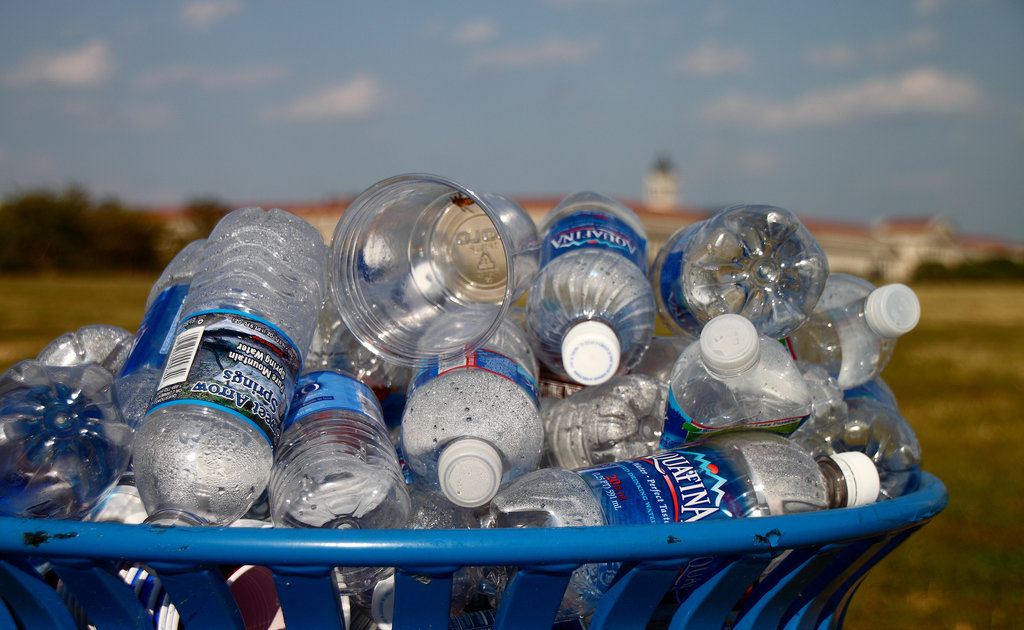In recent years, a growing body of evidence has emerged casting doubt on the safety of plastic water bottles. The convenience of single-use and reusable plastic bottles has become an integral part of modern life. However, lurking beneath the surface is a myriad of health concerns associated with their use.
One of the primary culprits is Bisphenol A (BPA), a chemical commonly found in many plastics. Studies have linked BPA exposure to an array of health problems, including hormonal disruptions and increased risk of certain cancers. Notably, vessels constructured with polycarbonate are particularly notorious for leaching BPA when subjected to heat or prolonged use. This creates a pernicious cycle where individuals unknowingly compromise their health while seeking hydration.
Another alarming consideration is the presence of phthalates, plasticizers that enhance flexibility and durability in plastics. Like BPA, phthalates have been implicated in various health risks, including reproductive and developmental abnormalities. The leaching of these substances can occur through environmental stressors such as temperature changes, leading avid users of bottled water to unwittingly ingest harmful chemicals.
Moreover, the physical degradation of plastic bottles over time further exacerbates these concerns. As bottles age and are repeatedly filled, microplastics can break off and enter the water. These minuscule fragments, while invisible to the naked eye, have been detected in human bloodstreams and even placentas, raising pressing questions about their long-term effects on human health.
Furthermore, a study highlighted a significant microbial contamination issue with bottled water. Unlike tap water, which undergoes rigorous testing, bottled water is not always subjected to the same scrutiny. Users may therefore face exposure to harmful bacteria, especially if bottles are reused without proper sanitation.
For those aware of these risks, alternatives abound. Glass and stainless steel containers present viable substitutes that eliminate chemical leaching while providing a safe vessel for hydration. Moreover, reusable options help reduce environmental waste, addressing both health and ecological concerns.
Ultimately, while the convenience of plastic water bottles is undeniable, the potential health hazards warrant serious consideration. Individuals need to weigh the convenience against the hidden dangers these seemingly innocuous containers may pose. As the dialogue around health and safety continues to evolve, empowering consumers with knowledge remains paramount in fostering a healthier society.
